Market Trends
Key Emerging Trends in the Plant Based Bars Market
Plant-based bars have grown in popularity in recent years as customers desire more nutrition and sustainable eating alternatives. People are increasingly selecting vegetarian or vegan options as they become more aware of the environmental damage caused by farm animals and the health benefits of consuming a plant-based diet. Plant-based bars grow increasingly popular as a nutritious food alternative. The growing variety of tastes and components available in the plant-based bar sector is an intriguing development. An interesting trend regarding the plant-based bar industry is the expanding selection of flavors and ingredients. Companies continually come up with innovative methods to enhance the flavor and nutritional content of their goods by mixing unexpected components which means nuts, seeds, as well as grain in an attempt to cater to the vast range of consumer tastes. This variety not only appeals to a wider spectrum of palates as well as pulls in a greater number of patrons, including those adhering to certain dietary requirements like being dairy-, gluten-, or nut-free. The focus on truthful and open advertising is a key component propelling the plant-based bar market. As consumers grow more conscious of the ingredients used in food products, they seek true authenticity and openness in those products. To fulfill this need, some manufacturers of plant-based bars are providing customers with accurate and transparent information on the source and production process of their ingredients. As an increasing number of individuals pick for natural and healthier options, clean labeling of synthetic substances and preservatives is becoming increasingly widespread.
One important element that has impacted demand for plant-based bars is the rise of online purchasing. Online markets allow customers to swiftly peruse a large selection of plant-based products, which makes it simpler for consumers to locate and buy unique or specialist things that are hard to obtain in conventional brick-and-mortar stores. Because of this convenient characteristic, as well as the ability to evaluate brands and browse reviews, more people are embracing plant-based bars. Innovations in wellness and good health are having an impact on the marketplace for plant-based bars, as more consumers seek out functional meals that offer health advantages above simple sustenance. Plant-based bars are widely marketed as high-protein, energy-boosting meals, which has made them popular among athletes and those looking for convenient, portable food. The demand for plant-based bars will likely to continue expanding as personal health becomes more and more important. Furthermore, the demand for plant-based bars shows how sustainability is influencing consumer preferences more and more. Many consumers are lured to plant-based items because they are less harmful to the surroundings than animal-based products. As a result, manufacturers are gradually incorporating ethical sourcing of ingredients and environmentally friendly packaging options into their manufacturing procedures.
In conclusion, the sales statistics for plant-based bars indicate a broader propensity toward deliberate and cautious eating. Plant-based bar sales are rising and evolving as a result of several causes, including the increasing diversity of consumer preferences, clean labeling laws, the convenience of internet buying, health and wellness concerns, and environmental initiatives. As these advancements gain momentum, the market regarding the plant-based bars has the potential to be a dynamic and adaptive enterprise within the larger food and nutrition environment.


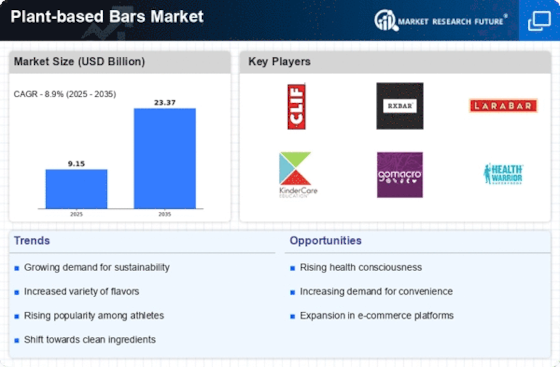
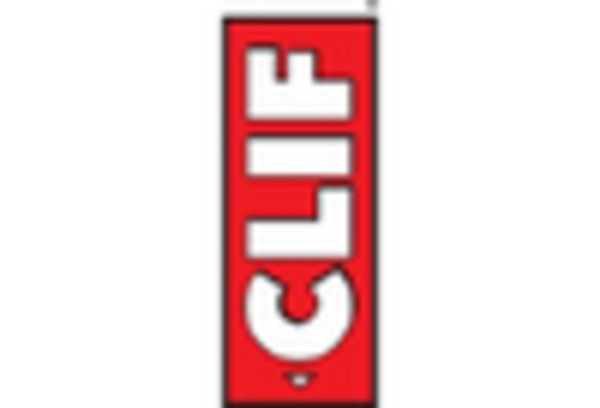
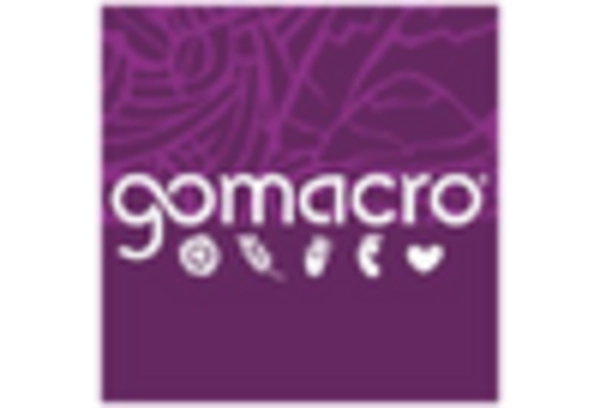
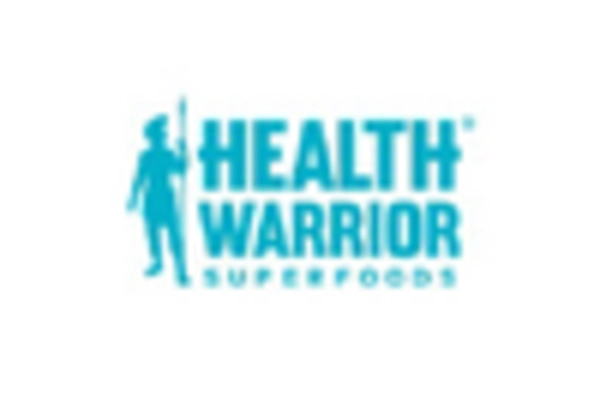

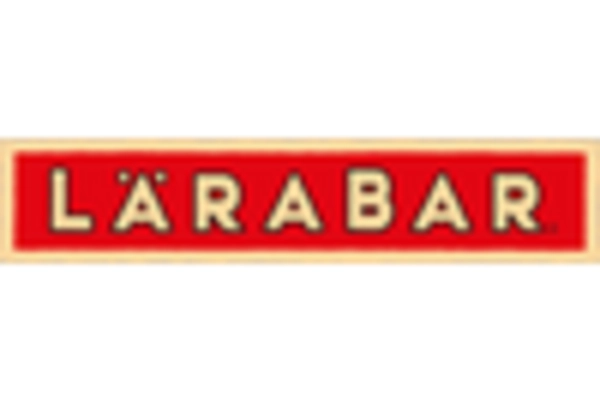
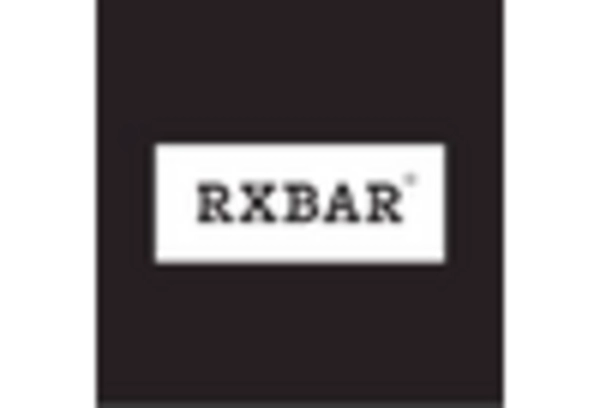









Leave a Comment